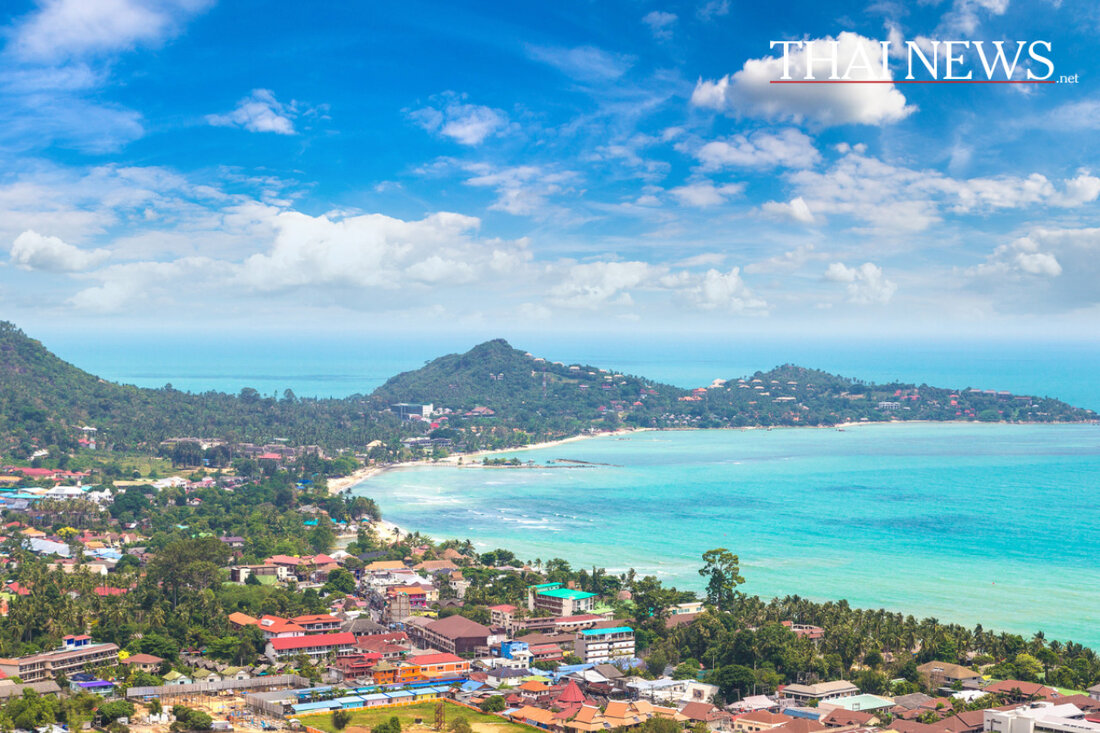Luxury villas in Thailand: Corruption and environmental crimes in focus!
The construction of luxury villas is being investigated on Koh Samui. 93 violations related to environmentally protected zones and possible corruption.

Luxury villas in Thailand: Corruption and environmental crimes in focus!
The current developments surrounding the construction of luxury villas on Koh Samui shed profound light on the rare conflicts between economic growth and environmental protection in Thailand. A recently released study by Cool Down shows that the National Anti-Corruption Commission (NACC) discovered 93 violations across 24 locations. These are not just construction defects, but also serious violations of environmental protection laws. Last September, authorities conducted inspections that, among other things, uncovered constructions in environmentally protected red zones.
The Zog Villas construction project, which consists of five already completed villas built in the middle of the protected terrain, is particularly in the spotlight. Despite a sign claiming the area is “closed for renovation work”, the operators continue to accept online bookings, meaning they are working on the image while the reality is very different.
Environmental issues and local communities
Such construction activities are not only causing problems on Koh Samui, David Beckham's former villa is also seen as a prime example of such excessive luxury and the associated environmental destruction, as Khao24 reports. Aside from the ecological damage, development also leads to the displacement of local communities and the loss of their livelihoods. While some cite job creation and economic prosperity as an argument for such projects, this remains a fallacious justification for the massive negative impacts that are difficult to deny.
The “Samui Model” introduced by the authorities is an attempt to curb illegal construction activities and includes not only local but also international owners. Colonel Dusit Kasornkaew leads the inspection team and has already documented numerous violations, pointing to the need for a real turnaround in construction culture.
Corruption in construction
All of this is happening against the background of deep-rooted corruption in the Thai construction sector, which, according to Thailand Blog, not only causes economic damage, but also human lives costs. Political entanglements and opaque approval procedures are the order of the day; It is not uncommon for contracts to be awarded through bribery. This practice leads to safety standards being neglected and construction projects being built in unsafe locations, as shown in a tragic example from Bangkok, where a 30-story residential tower collapsed, claiming eleven lives.
In light of these alarming developments, the NACC has designated Koh Samui as an “Anti-Corruption Pinpoint Area” for 2026, showing that the authorities are ready to make a serious change of course. Transparent and rigorous enforcement of all regulations must now be a top priority to restore the balance between progressive development and the protection of natural resources.
All in all, the situation calls for a rethink in society - both among investors and politicians. This is the only way to protect the interests of the local population and nature, while at the same time not jeopardizing the creation of jobs and economic progress. It remains to be seen whether the “Samui Model” can actually serve as a model for change and what the NACC’s next steps will bring.

 Suche
Suche
 Mein Konto
Mein Konto
